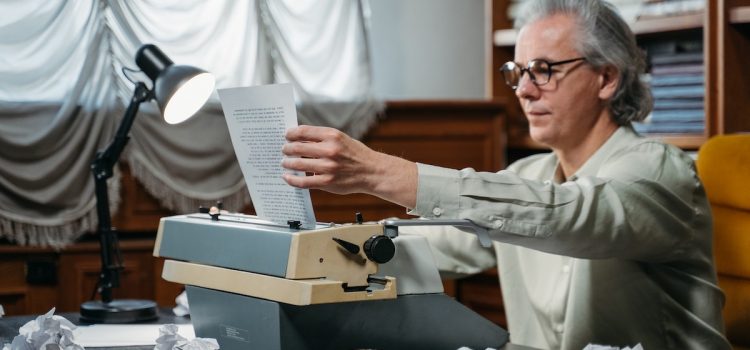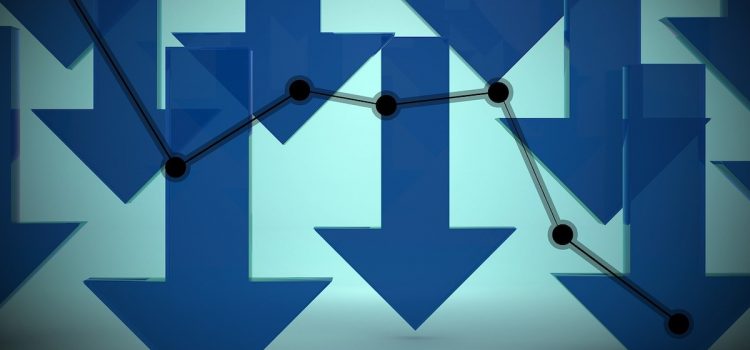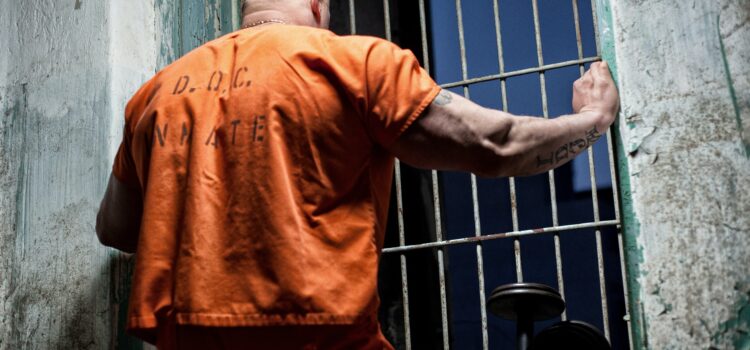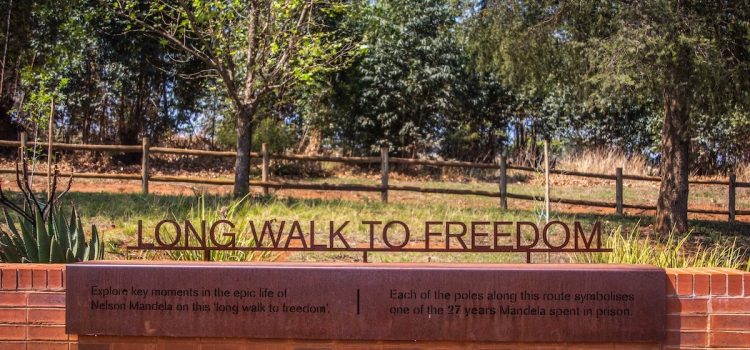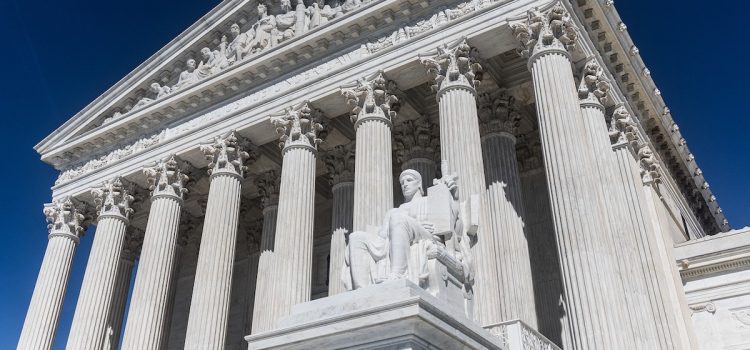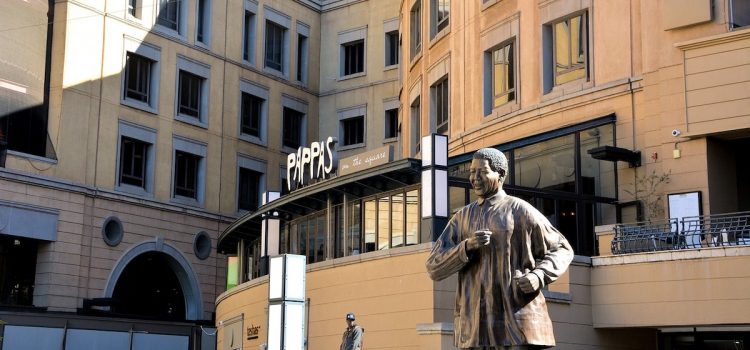How did the role of American intellectuals change after World War II? What impact has this had on political power? In The Power Elite, American sociologist C. Wright Mills argues that, traditionally, intellectuals in America helped Americans understand what was going on in their society, how it affected their lives, and what they could do about it. However, he claims that this changed after World War II. Keep reading to learn how liberal intellectuals contribute to the influence of the power elite in America.
How Liberal Intellectuals Conspire With the Power Elite


